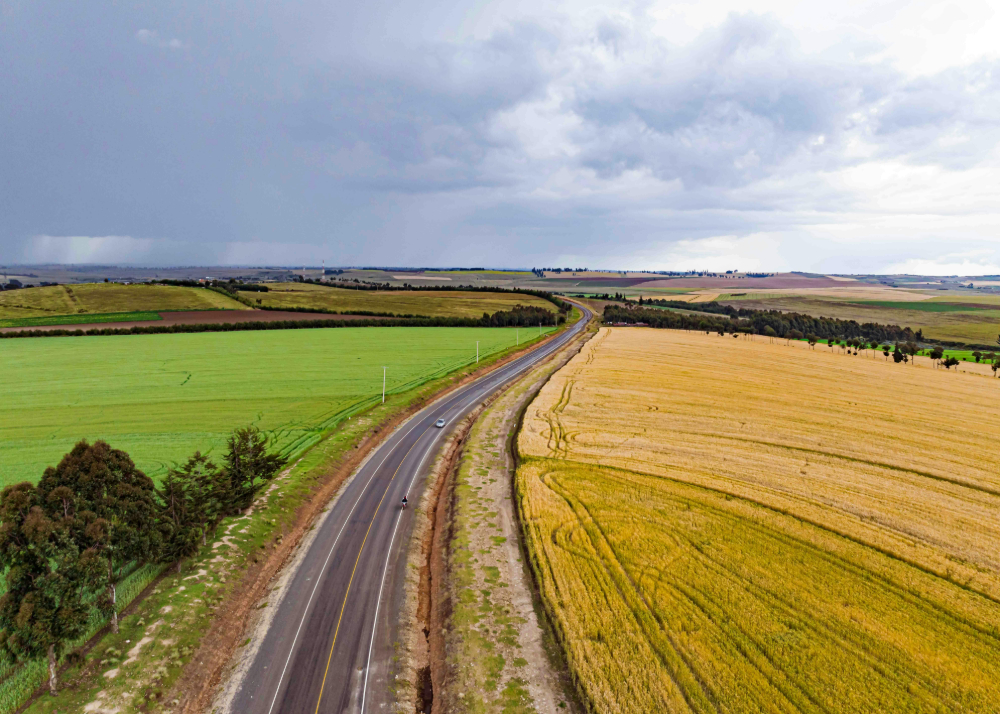Step-by-Step Guide to Buying Land in Kenya Legally; Buying land is one of the most important investments you can make in Kenya. Whether you’re looking to build your dream home, invest for the future, or start a commercial project, understanding the legal process of purchasing land in Kenya is crucial. Many land buyers fall victim to fraud due to lack of due diligence or misinformation. This guide will walk you through the step-by-step process of buying land in Kenya legally so you can invest with confidence.
1. Identify the Land and Do a Site Visit
Start by identifying the piece of land you want to purchase. Once you have a location in mind, schedule a physical site visit to:
- Confirm the land actually exists.
- Verify its boundaries.
- Assess the accessibility, neighborhood, and infrastructure.
- A site visit also helps you avoid being scammed with non-existent or misrepresented plots.
2. Conduct a Land Search at the Lands Registry
The next step is to carry out a search at the Ministry of Lands (available through the eCitizen portal). This will show you:
- The registered owner of the land.
- If there are any disputes, caveats, or encumbrances.
- Whether land rates and land rent are up to date.
Tip: Always ensure the land title deed is genuine and matches the seller’s identification documents.
3. Verify the Seller’s Identity and Ownership
Fraudsters often pose as landowners or agents. To protect yourself:
- Request a copy of the seller’s National ID and PIN certificate.
- Cross-check details with the title deed.
- If it’s family or community land, ensure all members/beneficiaries consent to the sale.
4. Engage a Licensed Surveyor
Hire a government-licensed surveyor to:
- Confirm the land size and boundaries on the ground.
- Check for any encroachments on roads, riparian land, or utility reserves.
- Confirm that the parcel number matches the Survey Map at the Survey of Kenya office.

5. Draft and Sign a Sale Agreement
Once due diligence checks out, your lawyer should prepare a sale agreement detailing:
- Agreed purchase price and payment terms.
- Completion date of the transaction.
- Obligations of both buyer and seller.
At this point, you will typically pay a deposit (10% – 20%) of the purchase price.
6. Obtain Consent to Transfer
For leasehold land (common in urban areas), the seller must obtain a Land Control Board (LCB) consent before transferring the property.
- The buyer and seller attend the LCB meeting together.
- Consent is then issued, allowing the transfer process to proceed legally.
7. Pay Stamp Duty
The buyer is responsible for paying stamp duty, which is a tax on the land transaction. Rates are:
- 4% of the property value for urban areas.
- 2% of the property value for rural areas.
The amount is assessed and paid through the Kenya Revenue Authority (KRA).
8. Register the Transfer and Get Your Title Deed
After paying stamp duty:
- The lawyer submits all documents to the Lands Registry.
- The land is officially transferred to your name.
- You are issued a new title deed as the legal owner.
This final step confirms you are now the rightful owner of the land.
9. Post-Purchase Considerations
Once you own the land:
- Fence it off to mark boundaries and deter encroachment.
- Keep all records safely—receipts, agreements, title deed, and correspondence.
- Pay annual land rates or rent (if applicable) to avoid penalties.
Conclusion
Buying land in Kenya can be a rewarding investment if done properly. The key is to follow the legal process, conduct due diligence, and work with professionals such as lawyers and licensed surveyors. Cutting corners might seem cheaper, but it can cost you dearly in disputes or fraud cases.
At the end of the day, a little patience and thoroughness will ensure you secure land that is both genuine and legally yours.





